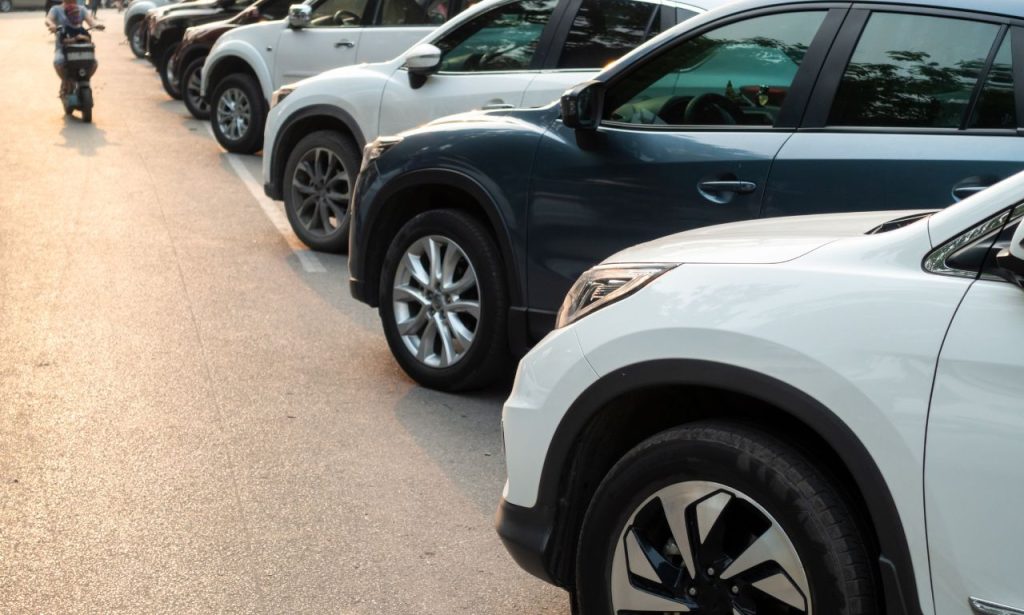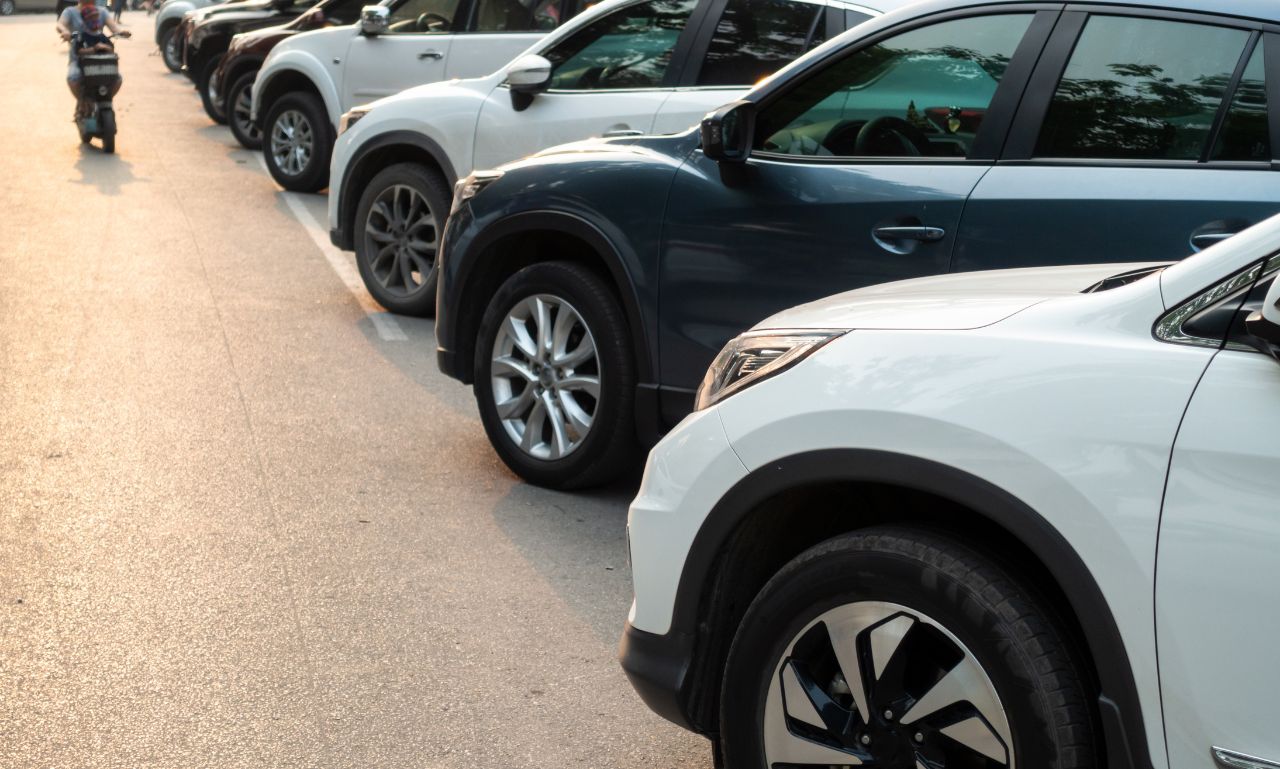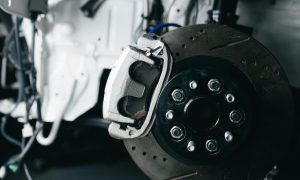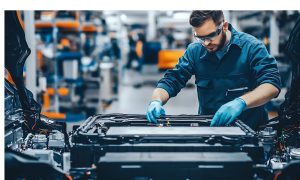Why should you buy a used car? It’s a question many buyers face when they start car shopping. New cars sparkle with promise, but the reality of their cost and depreciation can make them less appealing. Used cars, on the other hand, offer unmatched value if you know what to look for. Buying pre-owned isn’t about settling for less. It’s about being smart, stretching your dollar, and often walking away with more than you expected.
The Enduring Value Proposition of a Pre-Owned Vehicle
The case for buying used has grown stronger over the years. Cars today are built with remarkable durability compared to older generations. Many vehicles easily last 200,000 miles with proper care. That means a two- or three-year-old car still has most of its life ahead of it. Pre-owned vehicles offer reliability without the immediate impact of steep depreciation.
Think of it this way: the moment a new car leaves the dealership lot, it loses around 10% of its value. By the end of the first year, that loss often reaches 20%. When you buy used, someone else absorbs that financial punch. You get the same car, in many cases still under warranty, but at a fraction of the cost. It’s a decision that appeals to both your wallet and your peace of mind.
Shifting Perspectives

For years, used cars carried a stigma. People imagined shady lots, hidden problems, and sketchy sales tactics. But times have changed. Certified pre-owned programs, online marketplaces, and improved transparency have reshaped the market.
Today, buyers can review detailed histories of vehicles before purchase. Services like Carfax or AutoCheck show accident records, mileage verification, and service histories. Many dealerships now proudly showcase their used inventory, as demand is stronger than ever. Buyers are realizing that a used car is not a compromise—it’s an opportunity.
The Unbeatable Financial Advantage
When money is tight, every dollar counts. Buying used means stretching your budget further. The initial cost is significantly lower, and so are insurance premiums. Banks also often offer better loan terms on pre-owned vehicles because their resale value stabilizes more quickly than that of new ones.
Another financial edge comes in depreciation. A new car can lose up to 60% of its value within five years. A used car, purchased after the steepest drop, tends to maintain its value better. That matters when it’s time to resell or trade in. It’s the difference between hemorrhaging cash and keeping more of your investment intact.
Real-world story: A friend of mine bought a two-year-old Toyota Camry for $17,000. That same model, brand new, sold for $25,000. After five years of ownership, his Camry was still worth around $12,000. Meanwhile, the new car buyer lost nearly twice as much money in depreciation alone. Numbers don’t lie—buying used is often the more brilliant financial play.
Expanding Your Horizons
Buying used expands your options in ways that new car shopping cannot. Think about it: new models come with fixed trim levels, limited availability, and steep price tags. Used cars, however, open up a world of variety.
A Vast and Diverse Inventory
When you buy used, you’re not confined to the latest year’s releases. The used car market spans decades, styles, and countless configurations. Want a manual transmission sedan? You’ll probably find one used. Looking for an older SUV with specific towing features? The pre-owned market has you covered.
This diversity helps buyers find vehicles that truly match their preferences. For car enthusiasts, it’s even a treasure hunt. Hunting down a rare model or a discontinued feature becomes possible only in the used marketplace.
Access to Discontinued Models and Unique Features
Automakers frequently discontinue models, trim packages, or features. You may have loved a specific color combination or a model year with a unique design. In the used market, those options are still alive. For example, Honda discontinued the Element years ago, yet it remains highly popular on used lots.
Similarly, some features—such as manual gearboxes in sports cars—are becoming increasingly difficult to find in new models. If you want them, buying used is your only option. The pre-owned market preserves automotive variety in a way the new car market simply cannot.
Upgrading to Premium Brands and Luxury Models for Less
Here’s a secret most people don’t realize: buying used can upgrade your lifestyle. Luxury cars that were once out of reach suddenly become attainable. A new BMW 5 Series may cost $60,000, but a three-year-old version might run closer to $35,000—same prestige, same performance, but at nearly half the cost.
Even if you’re not chasing luxury, the principle applies across the board. Higher trim levels, advanced technology packages, and premium finishes are all more affordable used. You can drive a better car without paying the new price of a better car. It’s not just smart—it’s indulgence on a budget.
Peace of Mind
The biggest objection to buying used is the fear of reliability. And that fear isn’t unfounded. In the past, buyers had little recourse if they ended up with a lemon. Today, protections are far stronger.
Practicality, Durability, and Modern Car Longevity
Modern engineering has significantly improved the lifespan of vehicles. According to a recent iSeeCars study, more than 14 million cars on the road have surpassed 200,000 miles. Brands like Toyota, Honda, and Ford dominate these rankings. That means buying a car with 60,000 miles today is far from a risky move.
Additionally, many used cars come with remaining factory warranties. Certified pre-owned programs extend those protections, offering comprehensive coverage and inspections. That provides peace of mind to buyers who worry about repair costs. Instead of buying new for “safety,” savvy shoppers get protection and value at the same time.
Who Benefits Most from Buying a Used Car?

Used cars cater to a diverse range of buyers, but certain groups benefit the most. First-time drivers, for instance, often face higher insurance rates. Buying used reduces those costs. Parents buying cars for their teens also prefer pre-owned vehicles for their balance of affordability and safety.
Commuters covering long distances every day also see the advantage. They can rack up mileage without worrying about devaluing a new car. Even families upgrading to larger vehicles save thousands by choosing used SUVs or minivans. The money saved can then be used to fund vacations, education, or home improvements instead.
Conclusion
So, why should you buy a used car? Because it makes sense financially, practically, and emotionally. New cars might capture attention with shiny paint and flashy advertisements. But the more brilliant move often lies in the pre-owned market. It gives you freedom of choice, access to better features, and thousands in savings. Most importantly, it puts you in control—not the dealership’s profit margin.
If you’re still undecided, consider your long-term objectives. Do you want more money in your pocket, less depreciation, and more variety? Then the answer is clear: your next car should be used.
FAQs
Used cars save money, avoid steep depreciation, and often offer the same reliability as new models.
Not if you do your homework. Certified pre-owned programs and vehicle history reports significantly reduce risks.
With modern engineering, cars with under 100,000 miles can still deliver years of reliable performance.
Yes. Many certified pre-owned vehicles come with extended warranties for added peace of mind.
First-time drivers, families, commuters, and budget-conscious buyers often benefit the most from purchasing pre-owned vehicles.





